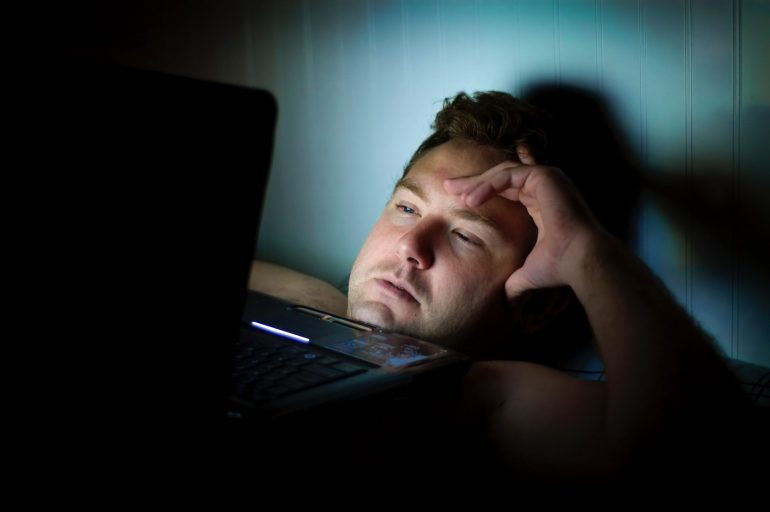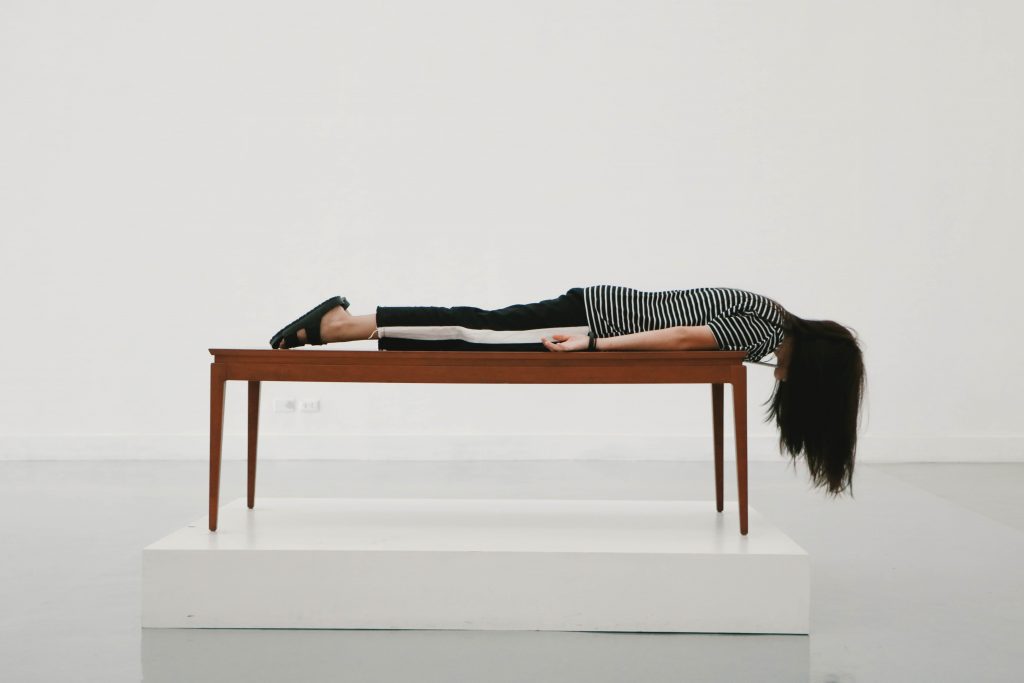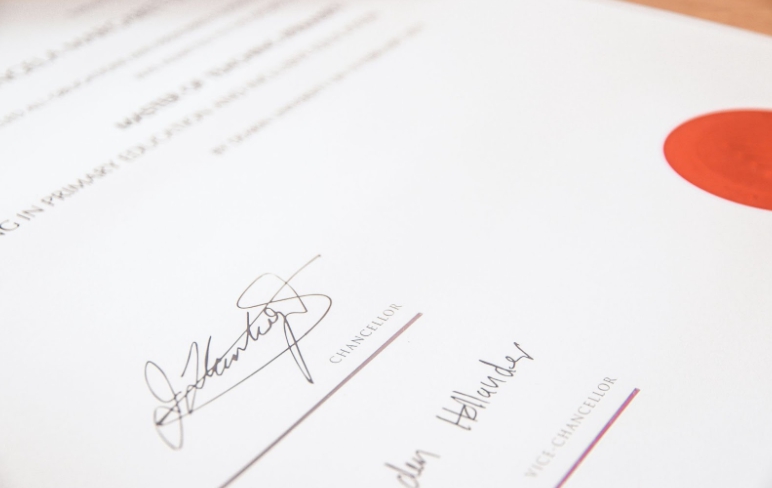After a week of intense studying and sleepless nights, your exams are finally over. It’s time to relax and regain control of your daily routine. But as soon as you try to go to bed at a reasonable hour, you find yourself lying awake, unable to sleep. The exhaustion is there, but your brain refuses to shut down. And when the morning comes, your body decides to finally give in—just when you’re supposed to be starting your day.
This frustrating cycle is familiar to many students. Exam stress, late-night cramming, and irregular sleep patterns can throw off your internal clock, making it difficult to fall asleep and wake up at the right times. Studies show that disrupted sleep is not just a temporary inconvenience—it affects concentration, memory, and overall well-being. Left unaddressed, it can lead to long-term sleep problems and daytime fatigue.
Fortunately, resetting your sleep schedule is possible. By making a few simple adjustments to your routine and environment, you can restore balance to your body’s natural rhythms and start feeling well-rested again.
Rebuilding a Healthy Sleep Routine
One of the most effective ways to get back on track is to create a structured sleep routine. Your body thrives on consistency, and the more predictable your sleep and wake times are, the easier it will be to regulate your internal clock. Instead of trying to force yourself to sleep early all at once, gradually adjust your bedtime by 15 to 30 minutes each night until you reach your desired schedule.
It’s also important to wake up at the same time every day, even on weekends. While sleeping in might be tempting, it can further disrupt your sleep cycle. Sticking to a consistent wake-up time helps reinforce your body’s natural sleep patterns, making it easier to fall asleep at night. And if you find yourself too exhausted to keep up with academic deadlines, using an essay ordering service can help you stay on top of your workload while prioritizing your health.
If you find yourself struggling to doze off, avoid staying in bed tossing and turning. Instead, get up and do something relaxing—read a book, listen to calm music, or practice deep breathing exercises. Over time, your body will begin to associate your set bedtime with rest, making it easier to drift off naturally.

Managing Energy and Food Intake
Many students rely on caffeine and energy drinks to push through long study sessions, but these stimulants can linger in your system and interfere with sleep, even hours after consumption. If you’re trying to reset your sleep schedule, cutting back on caffeine is crucial. Try to avoid coffee and energy drinks in the afternoon, opting instead for water or herbal tea to stay hydrated without overstimulating your nervous system.
Equally important is your diet. Eating large meals right before bed can disrupt your ability to sleep comfortably. Your body remains active as it digests food, making it harder to wind down. Instead, aim to eat dinner at least two to three hours before bedtime. If you need a late-night snack, choose something light and easy to digest, like yogurt, nuts, or a banana.
Balancing Physical Activity and Relaxation
Regular physical activity is beneficial for sleep, but the timing of your workouts matters. Exercising too close to bedtime can leave you feeling alert and energized, making it difficult to unwind. Ideally, schedule your workouts earlier in the day—morning or afternoon sessions are best. This way, your body has enough time to cool down and transition into rest mode by nightfall.
Relaxation techniques can also play a role in resetting your sleep schedule. Consider incorporating activities like meditation, gentle stretching, or breathing exercises before bed. These practices help calm the mind and prepare the body for sleep. If you’re used to watching intense movies or engaging in stimulating activities right before bed, try replacing them with quieter, more soothing alternatives.
Optimizing Your Sleep Environment
Your surroundings significantly impact your ability to sleep well. A cool, dark, and quiet bedroom signals to your body that it’s time to rest. If your room is too warm, your body may struggle to lower its temperature, delaying the onset of sleep. Keeping the room well-ventilated or using a fan can help maintain a comfortable sleeping environment.
Light exposure also plays a crucial role in regulating your body’s internal clock. Too much artificial light in the evening—especially from screens—can interfere with melatonin production, the hormone responsible for making you feel sleepy. Try switching your phone or laptop to night mode in the evening, or better yet, set a cut-off time for screen use an hour before bed. If your room isn’t completely dark, consider blackout curtains or an eye mask to block out any excess light.
Noise can be another factor affecting sleep quality. If you live in a noisy environment, using white noise machines or earplugs can help create a more peaceful atmosphere. Small changes like these make a big difference in promoting deeper, more restorative sleep.

Overcoming the Pressure to Fall Asleep
One of the biggest mistakes people make when trying to reset their sleep schedule is obsessing over the fact that they can’t fall asleep. The more pressure you put on yourself to sleep, the harder it becomes. Instead of focusing on how long it’s taking, remind yourself that your body is capable of adjusting over time. Sleep difficulties after a stressful period—like exam week—are temporary.
Rather than staring at the clock and worrying about lost hours, shift your attention to something calming. Think about a happy memory, visualize a relaxing scene, or listen to a soothing audiobook. The goal is to remove the stress associated with sleep so that your body can naturally ease into it.
Final Thoughts
Resetting your sleep schedule after exam week may take a few days, but with patience and consistency, you’ll soon find yourself back on track. Establishing a steady routine, limiting stimulants, eating wisely, managing exercise and relaxation, and optimizing your sleep environment all contribute to better sleep quality. More importantly, don’t stress over occasional sleepless nights—your body will eventually readjust.
Now that your exams are over, take this time to focus on self-care and recovery. Prioritize rest, maintain healthy habits, and enjoy the sense of balance that comes with a well-regulated sleep cycle. Soon, you’ll be waking up refreshed and ready to take on the day with renewed energy.
FAQ: Resetting Your Sleep Schedule
1. How long does it take to fix a disrupted sleep schedule?
It depends on how severely your sleep pattern has been affected. Typically, with consistent habits, it can take anywhere from a few days to two weeks to fully reset your sleep cycle.
2. What if I can’t fall asleep even when I try?
If you’re lying in bed and struggling to sleep, don’t force it. Get up and do something relaxing—read, listen to soothing music, or meditate. Your body will eventually respond to your new routine.
3. Can I take naps while adjusting my sleep schedule?
Short naps (20–30 minutes) are fine, but avoid long naps or sleeping too late in the day, as they can make it harder to fall asleep at night.
4. Does melatonin help reset sleep patterns?
Melatonin supplements can be helpful for some people, but they should only be used for short-term adjustments. It’s always best to consult a doctor before taking sleep aids.
5. What should I do if I wake up in the middle of the night?
Stay calm and avoid looking at screens. Try deep breathing or visualization techniques to relax. If you remain awake for more than 20 minutes, get up and engage in a quiet activity before trying to sleep again.





